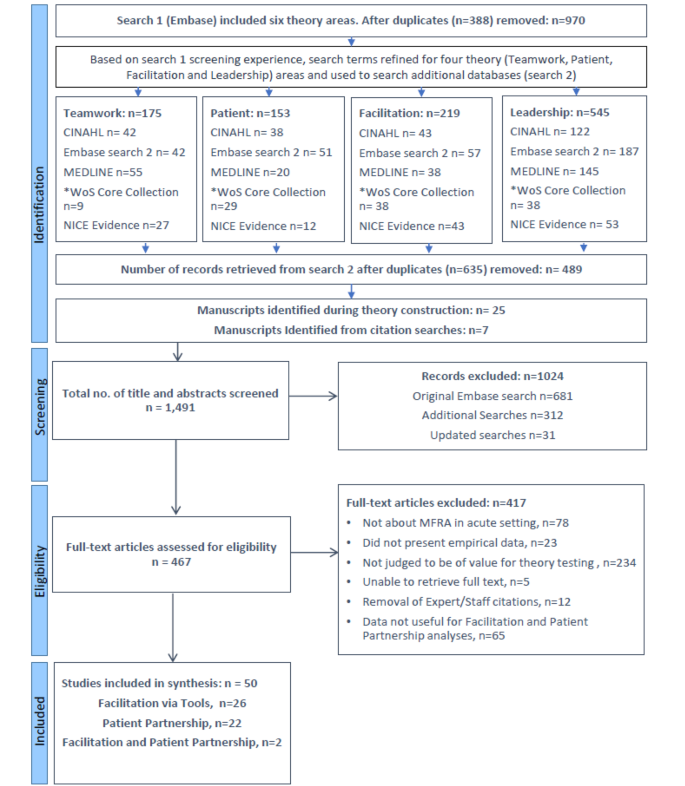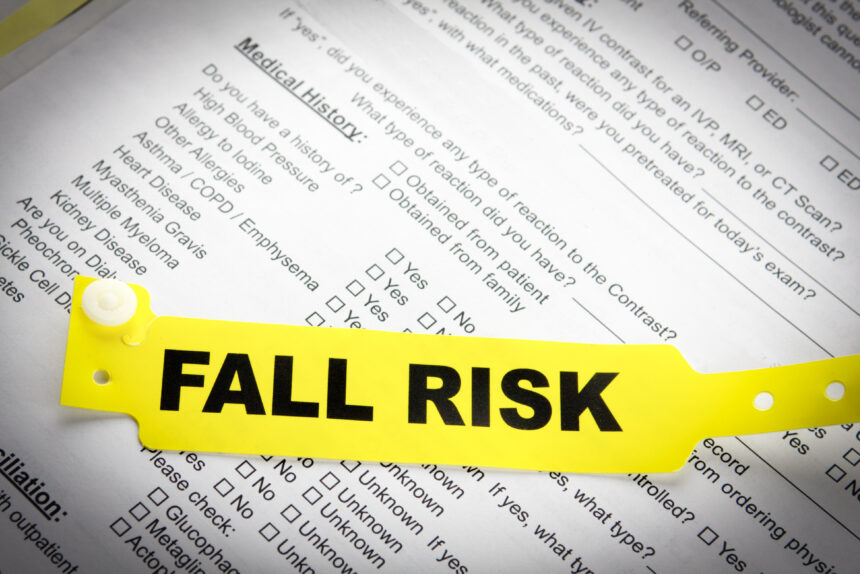The Dementia Fall Risk PDFs
Wiki Article
What Does Dementia Fall Risk Mean?
Table of ContentsThe Ultimate Guide To Dementia Fall RiskDementia Fall Risk Fundamentals ExplainedHow Dementia Fall Risk can Save You Time, Stress, and Money.Excitement About Dementia Fall Risk
A loss danger analysis checks to see just how likely it is that you will certainly fall. The evaluation generally consists of: This includes a series of concerns concerning your total wellness and if you have actually had previous drops or issues with balance, standing, and/or strolling.STEADI includes screening, analyzing, and intervention. Treatments are recommendations that may decrease your risk of dropping. STEADI includes three steps: you for your danger of dropping for your threat elements that can be boosted to try to avoid drops (for example, equilibrium problems, impaired vision) to lower your danger of dropping by using reliable techniques (for example, offering education and sources), you may be asked numerous questions including: Have you dropped in the past year? Do you really feel unsteady when standing or strolling? Are you stressed about dropping?, your supplier will check your stamina, equilibrium, and stride, making use of the following loss assessment devices: This examination checks your stride.
If it takes you 12 secs or more, it might mean you are at greater threat for an autumn. This test checks stamina and equilibrium.
The positions will certainly get more difficult as you go. Stand with your feet side-by-side. Relocate one foot midway ahead, so the instep is touching the large toe of your other foot. Relocate one foot completely before the various other, so the toes are touching the heel of your various other foot.
The Best Guide To Dementia Fall Risk
A lot of falls happen as an outcome of several adding aspects; as a result, taking care of the danger of falling begins with recognizing the elements that contribute to drop risk - Dementia Fall Risk. A few of the most appropriate danger aspects include: Background of previous fallsChronic clinical conditionsAcute illnessImpaired stride and equilibrium, reduced extremity weaknessCognitive impairmentChanges in visionCertain high-risk drugs and polypharmacyEnvironmental factors can likewise boost the threat for drops, consisting of: Insufficient lightingUneven or damaged flooringWet or unsafe floorsMissing or damaged hand rails and get hold of barsDamaged or improperly fitted equipment, such as beds, mobility devices, or walkersImproper use assistive devicesInadequate guidance of the people staying in the NF, including those who show hostile behaviorsA effective autumn threat monitoring program calls for a detailed medical evaluation, with input from all members of the interdisciplinary team

The care strategy need to likewise include interventions that are system-based, such as those that advertise a secure setting (ideal lights, handrails, get bars, and so on). The effectiveness of the treatments need to be assessed regularly, and the treatment plan revised as essential to show modifications in the loss danger analysis. Applying a loss risk administration system using evidence-based ideal practice can decrease the prevalence of falls in the NF, while restricting the potential for check it out fall-related injuries.
Dementia Fall Risk Things To Know Before You Get This
The AGS/BGS guideline suggests evaluating all grownups matured 65 years and older for loss risk annually. This testing consists of asking patients whether they have actually fallen 2 or more times in the previous year or looked for clinical interest for a fall, or, if they have actually not fallen, whether they feel unsteady when walking.Individuals that have dropped once without injury needs to have their equilibrium and stride examined; those with stride or balance abnormalities need to get additional evaluation. A history of 1 loss without injury and he has a good point without stride or balance issues does not call for further analysis past ongoing annual autumn threat testing. Dementia Fall Risk. An autumn risk assessment is called for as component of the Welcome to Medicare exam

Some Known Factual Statements About Dementia Fall Risk
Documenting a drops background is one of the quality signs for loss prevention and management. copyright medicines in certain are independent predictors of drops.Postural hypotension can often be minimized by minimizing the dosage of blood pressurelowering drugs and/or stopping medicines that have orthostatic hypotension as a negative effects. Usage of above-the-knee assistance pipe and sleeping with the head of the bed elevated might also decrease postural reductions in high blood pressure. The recommended aspects of a fall-focused health examination are received Box 1.

A TUG time above or equal to 12 secs suggests high autumn risk. The 30-Second Chair Stand test evaluates lower extremity Resources toughness and equilibrium. Being not able to stand from a chair of knee height without utilizing one's arms indicates boosted fall threat. The 4-Stage Balance examination evaluates static equilibrium by having the person stand in 4 settings, each considerably much more tough.
Report this wiki page